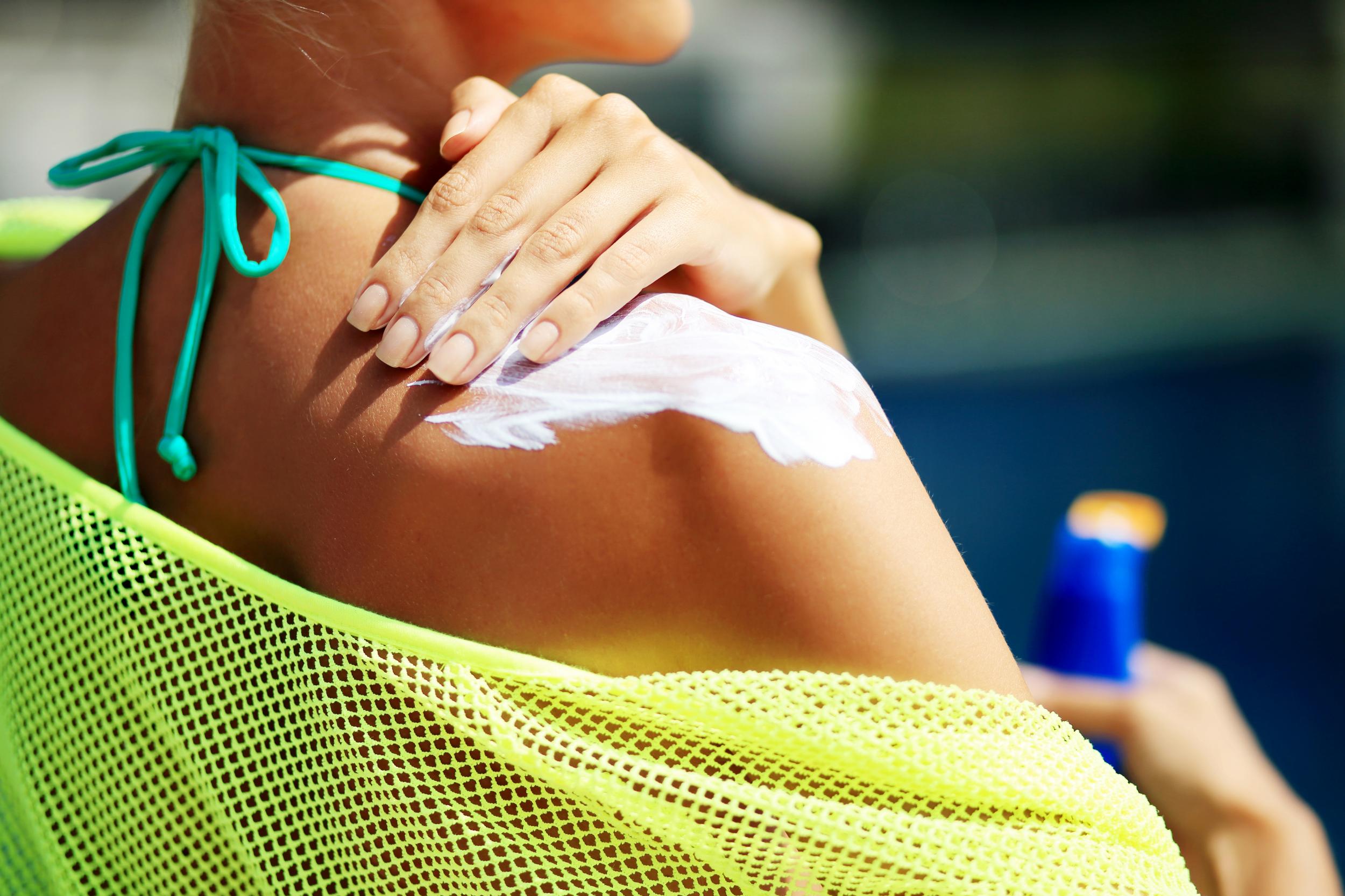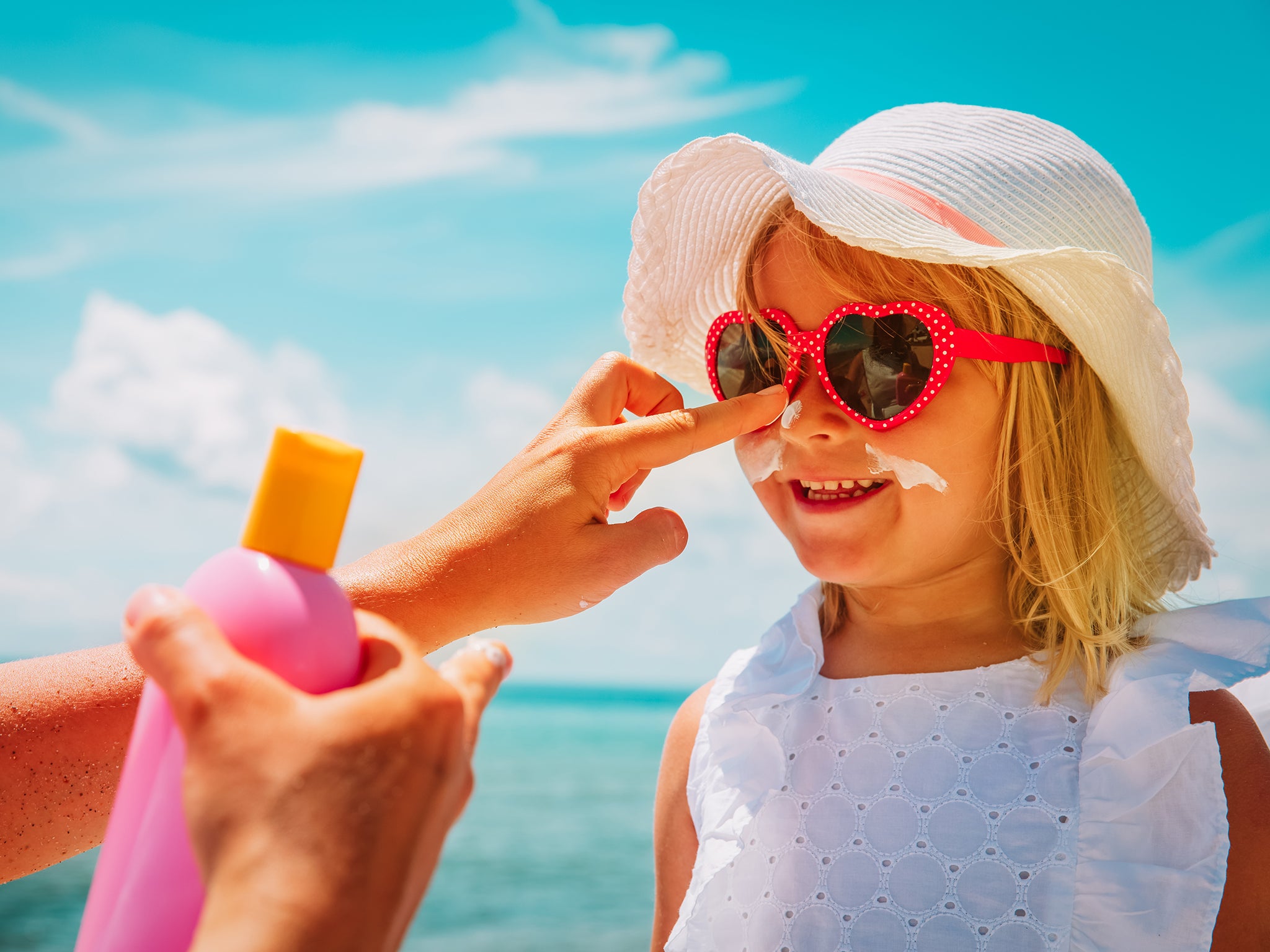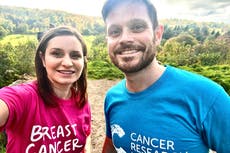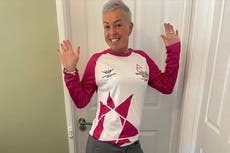Government urged to make suncream cheaper through tax change
VAT makes bottles of suncream around £1.50 more expensive with many struggling to afford it amid the cost of living crisis

Cancer charities have urged the government to scrap VAT on suncream amid price rises during the cost of living crisis.
Organisations including the Teenage Cancer Trust is asking the government to remove the 20 per cent tax so that people are more able to afford the high-factor, protective creams with summer just around the corner.
The cost of living crisis has seen many people struggling to afford essential items such as suncream, which is currently classified as a “cosmetic” product so VAT is added to its price.
It makes each bottle around £1.50 more expensive than it would otherwise be.
Skin cancer is usually caused by sun damage, and sunbeds are also a cause.
There are several different types of skin cancers and melanoma is the most dangerous. Melanoma is on the rise among young people in the UK – something that Kass Barker discovered when she was diagnosed at age 22.
Kass, who is a cruise ship dancer from Tyne and Wear, said she went to the doctor for a check-up on a mole on her wrist as she was worried about it.
She told the BBC: “I just had a gut-feeling something was wrong.”
Now she is determined to warn others about how serious melanoma can be.
She continued: “I’m a dancer and I love being tanned, but is it worth your life? I see people on social media joking about getting sunburnt, but it’s no joke. Melanoma can kill.”

Kass added that people would buy a cream to prevent breast cancer if they could but for some reason “people do not see skin cancer as such a threat”.
Amy Callaghan, Scottish National Party (SNP) MP, is supporting the cause after she was diagnosed with melanoma at 19.
She’s running a campaign and petition urging the government to act now.
“More people wearing sunscreen means fewer people getting melanoma,” she said.
“But when 52 per cent of people in my constituency can’t afford to turn on the heating, it’s unlikely they’ll take on extra expenses like sunscreen.
“That’s why we must make sunscreen more affordable, by removing VAT.”
Of the 2,000 people aged 16 surveyed by the charity Melanoma Focus, around half of them said suncream was too expensive, while one in 10 said they didn’t use it at all because of the current cost of living.
Other reasons given for not using suncream included a belief that their skin won’t burn, a desire to tan and a feeling that suncream is too messy to apply.
Tanning is also a sign of skin damage – you don’t have to burn to have a higher risk of getting skin cancer.
Clare Knight, from Cancer Research UK, said you don’t need to spend loads or buy expensive suncream to get good protection.
She said: “While price may be a barrier for some, it’s worth remembering that you don’t need to spend a lot on a sunscreen to get good protection – what matters is an SPF of at least 15, and a star rating of 4 or 5.
“But when it comes to sun safety, sunscreen is only part of it. Spending time in the shade and covering up with clothing are the best and cheapest ways to protect yourself against damage from too much of the sun’s UV rays.”
Those campaigning for the removal of VAT are asking for an exemption on proven sun protection but this would not include makeup such as foundations that have SPF in them.
The Independent has contacted HM Treasury for comment.
Signs of skin cancer
If you have a mole that has changed shape or colour, or it looks and feels strange, this could be an indication of skin cancer.
Other signs are a sore or lesion that hasn’t healed after four weeks, skin that looks unusual with visible lumps or patches, or that hurts, itches, bleeds, scabs or crusts.
If you have any concerns at all you should see a doctor as soon as possible.
How to stay safe in the sun
- Wear sunscreen of at least SPF30 or higher and with at least a four-star UVA protection.
- Wear good quality sunglasses and a hat, preferably with a wide brim.
- Wear protective clothing.
- Find shade from the sun whenever possible.
Join our commenting forum
Join thought-provoking conversations, follow other Independent readers and see their replies
Comments





Bookmark popover
Removed from bookmarks